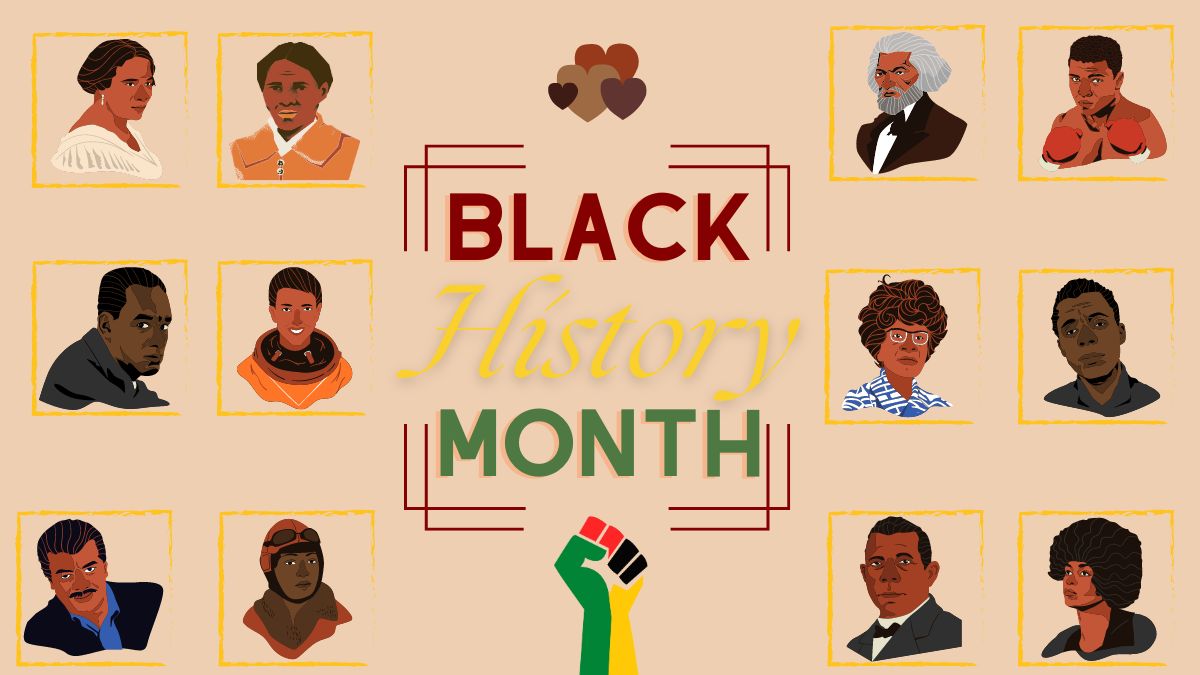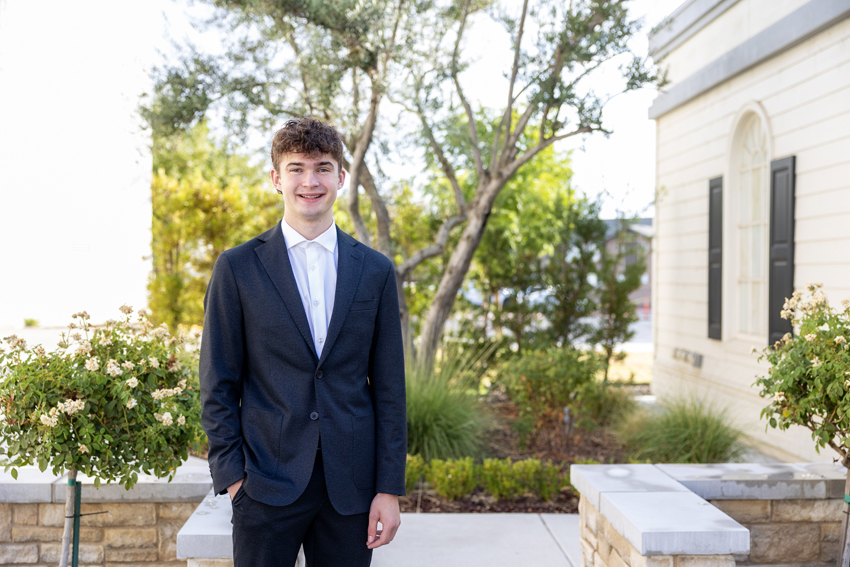A slew of recent tragedies cause indifference

Every day, stories of disaster, destruction and death flood headlines across the nation. In an era where a breaking story is broadcasted live across the globe, it grows easier and easier to become numb towards those in distress. It is critical nonaffected people fight the urge to be apathetic, and continue to support and remember the victims of the terrible disasters.
Recently, news of catastrophic hurricanes dominate headlines. On Aug. 25, Hurricane Harvey made landfall in Texas, leaving a path of destruction in its wake. Before the media finished covering the event, Hurricane Irma made landfall in Florida, Sept. 10. Now, Hurricane Maria is adding to the destruction of an already ‘busy’ hurricane season.
FC leadership class recently organized a fundraiser to benefit those affected by Hurricane Harvey. The proceeds generated by campus donations went to Convoy of Hope, a humanitarian organization dedicated to benefiting communities affected by poverty or natural disasters.
Campus students raised $2,575.22 and a generous businessman matched it with an additional $2,000 for a total of $4,575.22. This filled a large portion of a semi-truck full of supplies for victims of Hurricane Harvey.
As news agencies shift their focus to other stories, the spotlight on Harvey and other natural disasters fades, but the damage caused lingers. Many in the nation forget the tragedy soon after outcomes from the hurricane begins to fade. As reporting on the disasters wane, people’s sense of duty to help those affected lessens.
It is crucial students to fight the tendency to become apathetic to these and new disasters, no matter how often they occur. Let’s make a point to revisit the needs of others and continue to challenge our peers to support those who suffer loss, even when time and distance limit our awareness. — Feather Staff
Some in the nation may possess an indifferent mindset regarding disasters because they live in other states or regions. Students may become numb to the constant message of tragedy relayed by news stations nationally and now globally. Many refuse to pay attention after the initial disasters, like Harvey, Irma. Now, Maria and the earthquakes in Mexico fail to regularly be mentioned.
Of course, not everyone can, or should, rush to the areas impacted by natural disasters in an effort to help. During times of disaster, it is important that people know their place and role. For some, sending supplies or donating money is their way of contributing, for others physically helping others rebuild or rescue is their way of helping.
If too many people flock to the damaged sites, new issues of overpopulation may impact an area already stretched to its limits. They need resources and an overabundance of people does not aid that need.
What is often referred to as the golden rule, “Do to others what you want them to do to you,” applies to scenarios like Harvey, Irma, Maria, and Mexico’s devastating earthquake. The same can be applied globally to tragedies happening across the globe.
After Hurricane Katrina, the gulf coast of the U.S. took years to recover from the flooding and damage caused by the category five storm. While many know the story of the hurricane itself, not many know the story of the rebuilding and recovery process that still continues years later.

It is crucial students to fight the tendency to become apathetic to these and new disasters, no matter how often they occur. Let’s make a point to revisit the needs of others and continue to challenge our peers to support those who suffer loss, even when time and distance limit our awareness.
This year each class is raising money for a non-profit organization during the week of homecoming by crafting their float to reflect the organization. The freshmen are representing Miss Winkles, sophomores portray Lanna Coffee Co., juniors represent Hume Lake and seniors will portray the history of the American Red Cross. Donations open the first day of homecoming week, Oct. 2. There will also be donation boxes present at each float.
The Feather staff would love to hear your ideas of additional ways to help families in need.
For more articles, read Profile: Carlee Whipple leads cheer team with passion, experience. For another editorial, read Senior year provides personal growth, mentorship opportunities.








Julian Castro • Sep 22, 2017 at 5:56 pm
Great article Feather team! Excited to see what you guys do in the future.